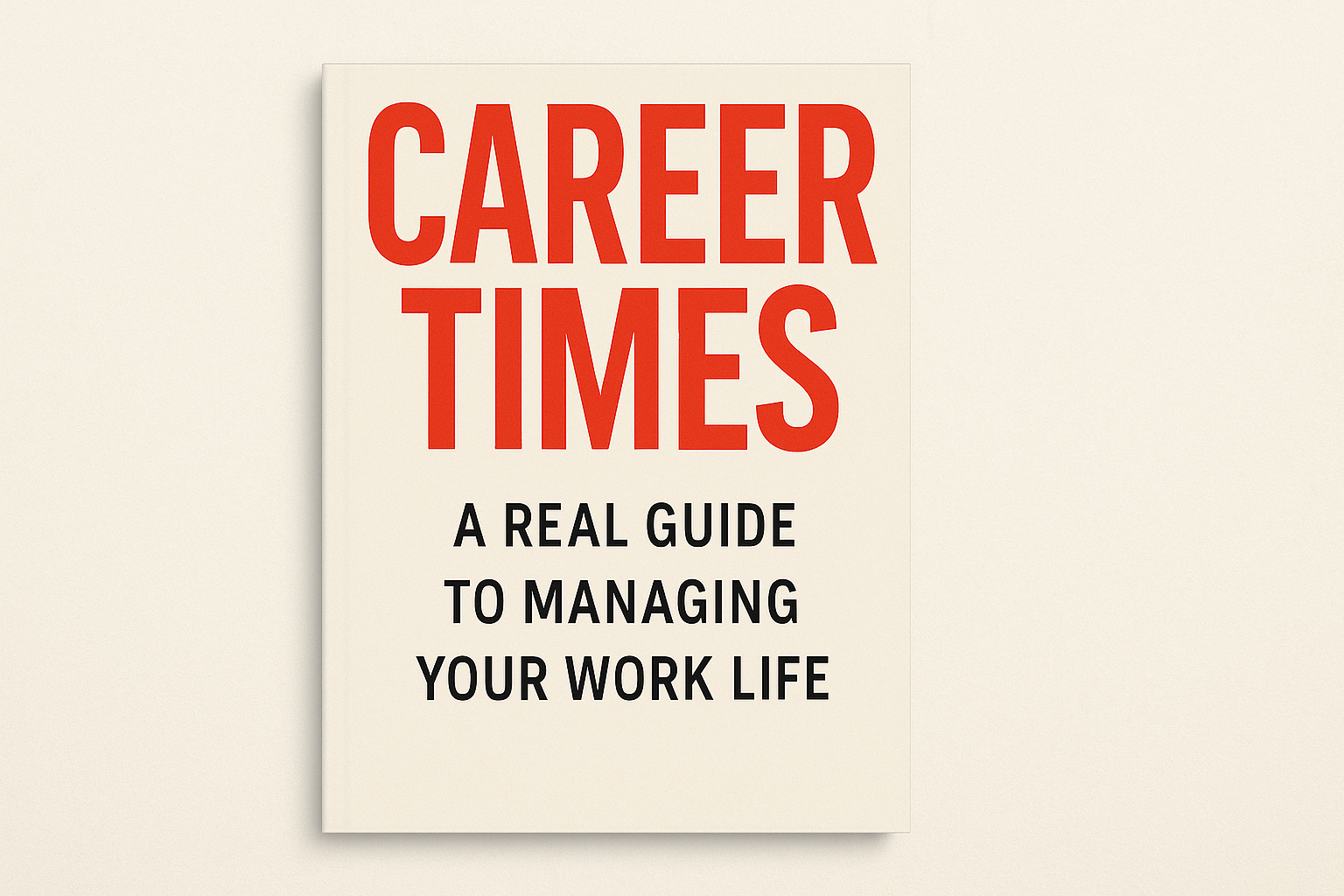Career Times: A Real Guide to Managing Your Work Life

What Are Career Times? Your career is not a straight line. It has stages. These are called career times. Each one brings new chances and problems. You might be starting out, trying something new, or getting ready for retirement. Knowing where you are helps you plan better. Career times include early work years, mid-career growth, leadership roles, job changes, entrepreneurship, and later life planning. Each time ask something different from you. The key is to know what matters most at each stage. This guide breaks down all six major career stages. We’ll show you how to act in each one. No fluff. Just real steps that work.
Early Career Times: Start Building Now
You just got your first job. That’s great. But this is only the start. Use this time to learn fast. Ask questions. Try new things. Don’t worry about making mistakes now. That’s what this stage is for. Find people who can help you grow. They could be bosses, co-workers, or even people outside your company. Build habits that will last. Show up on time. Meet deadlines. Be easy to work with. Set small goals. Learn tools. Get feedback. Keep track of wins. This builds confidence and shows others what you can do. This is your base. Make it strong.
Mid-Career Times: Step Up and Grow More
Now you have some experience. Time to take more responsibility. Lead projects. Mentor others. Look for ways to improve your skills. If you feel stuck, don’t panic. Many people hit a wall here. The fix? Move sideways if you can’t go up. Take on new tasks. Learn something new. Talk to your boss about your future.
Keep networking. Stay visible. Update your resume. Think about what kind of role you want next. Not just for money. For growth. Mid-career is when you decide: stay and rise, or move somewhere else to grow faster.

Senior Career Times: Lead Others and Leave a Mark
At this point, you’re not just doing the work. You’re shaping the team, the culture, maybe even the whole company. You make big choices. You help others grow. Use what you’ve learned. Share it. Mentor younger workers. Teach them what took you years to figure out.
Stay sharp. Learn new trends. Watch what’s changing in your field. Don’t fall behind. Stay curious. Also, think about legacy. What do you want people to remember about your work? How did you help your team win? This is your chance to lead well and leave a strong impact.
Career Change Times: It’s Never Too Late to Switch
Not everyone stays in the same job forever. Some switch fields. Some change jobs. Some start over. That’s normal. If you’re thinking of a change, ask why. Boredom? Money? New goals? Once you know why, you can find the right path. Look at what skills you already have. Some will fit in a new role. Others you can learn. Take courses. Do side work. Get proof that you can do the new thing. Update your profile. Tell your story clearly. Show how your past work connects to your next step. A career change takes effort. But it’s worth it if it leads to work that fits you better.
Entrepreneurial Times: Start Something of Your Own
Some people reach a point where they want to build their own thing. Maybe a product. Maybe a service. Maybe a brand. Starting a business means risk. You give up steady pay. You work long hours. But you also get freedom. Control. And the chance to create something real. Test your idea before going full-time. Offer your service to friends. Sell online. See if people will pay. Build a network. Find mentors. Learn from those who tried before. Don’t go alone. Start small. Focus on one thing. Make it work. Then grow. Entrepreneurship isn’t easy. But it’s possible at any career time, if you plan right.
Read more: Tooling Tech Group: A Modern Force in Manufacturing Innovation
Late Career Times: Plan for What Comes Next
Eventually, many people think about slowing down. Or working part-time. Or leaving work behind. This is the time to check your money. Can you afford to stop? If not, maybe keep working in a lighter role. Consulting. Mentoring. Teaching. Pass on what you know. Train others. Write down processes. Help your team run without you. Think about your health. Stay active. Stay social. Keep your mind sharp. Retirement doesn’t mean doing nothing. It means choosing what to do next.
How Tech Is Changing Career Times
Technology is everywhere now. Remote work. AI tools. Online learning. These changes affect how we work and grow. You don’t need to become a tech expert. But you must understand the basics. Use digital tools. Learn how to present yourself online. Build a personal brand. Tech makes learning easier. You can take courses anytime. Improve your skills without quitting your job. It also opens doors. Freelance platforms. Job sites. Networking apps like LinkedIn. Use these tools to stay relevant. If you ignore tech, you fall behind. If you use it, you stay ahead.
|
Career Stage
|
Main Focus
|
Key Actions
|
|---|---|---|
|
Early Career
|
Learning & Growth
|
Ask questions, build habits, track progress
|
|
Mid-Career
|
Skill Growth & Leadership
|
Take charge, learn new skills, network
|
|
Senior Career
|
Strategy & Influence
|
Mentor, share knowledge, stay updated
|
|
Career Change
|
Adaptation
|
Assess skills, test ideas, update profile
|
|
Entrepreneurial
|
Starting Out
|
Test ideas, build support, start small
|
|
Late Career
|
Planning
|
Check finances, transfer knowledge, enjoy
|
Final Thoughts: Every Career Has Its Role
Your career isn’t static. It shifts. It grows. Each stage plays a part. The trick is knowing what to focus on at each time. Don’t wait for things to happen. Act. Learn. Adapt. Stay open to change. No matter where you are—starting out, moving up, switching paths, or winding down—you can still shape your career. You just need clear steps and the will to follow through. Your career is yours to build. Make the most of every phase.
Read more: Techtool Supply: What It Is and Why It Matters
FAQs
Q1: What are career times?
A: Career times are stages in your work life. They include early work years, mid-career growth, leadership roles, job changes, entrepreneurship, and late-life planning.
Q2: Why should I care about career times?
A: Knowing your current stage helps you make better choices. It guides your learning, networking, and planning.
Q3: Can I change careers after 10 years?
A: Yes. Many people change jobs or fields after 10+ years. Focus on transferable skills and prove your value.
Q4: How does tech affect career times?
A: Tech changes how we work and learn. Staying updated with tools and trends keeps you competitive.
Q5: What should I do during late career times?
A: Review your finances. Pass on knowledge. Decide if you want to retire fully or work part-time.
Q6: Can I start my own business at any career time?
A: Yes. But do it smart. Test your idea. Build support. Start small before going full-time

